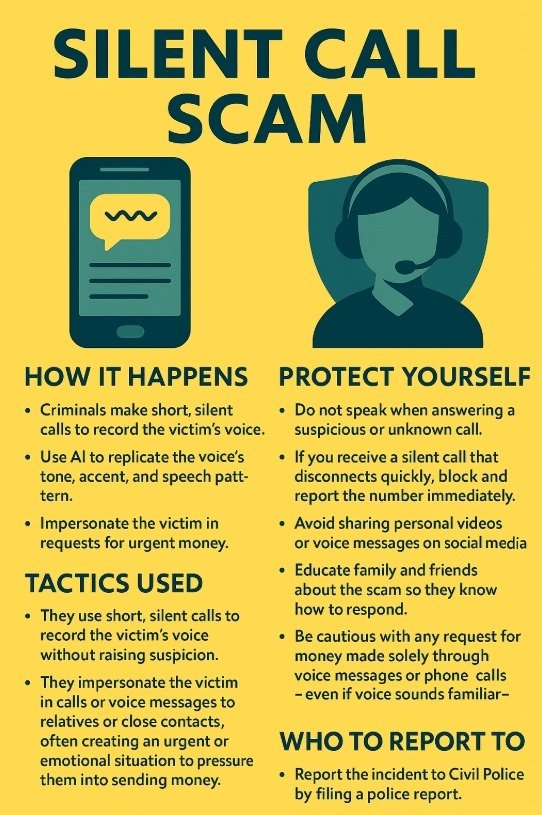Online scams have become increasingly common, demanding greater attention to the links and online content we interact with daily. Cybercriminals are constantly creating new methods to deceive people for financial gain, ranging from falsified payment receipts to fake technician impersonations. In Brazil, around 71% of the population has already fallen victim to this type of crime, which shows the need for caution when clicking on links in WhatsApp messages, emails, or SMS, as well as avoiding sharing personal information with strangers. To reduce risks, it is essential to understand how these scams work, recognize their main types, learn what to do if you are targeted, and adopt preventive measures to protect your data and avoid financial losses.
This article is part of a series on digital security. You can read the other texts here.
This Content Is Only For Subscribers
To unlock this content, subscribe to INTERLIRA Reports.
– How it happens
Criminals have been using short, silent phone calls to clone victims’ voices and carry out financial scams. The scheme begins with what seems like a harmless situation: the victim receives a brief phone call with no sound, which ends just a few seconds after being answered. During that short interaction, the scammers record the person’s voice — sometimes just a simple “hello” is enough. Using artificial intelligence (AI) tools, they then replicate the victim’s tone, accent, and speech pattern to impersonate them convincingly.
Once they have the cloned voice, the criminals contact family members, friends, or colleagues, pretending to be the victim and asking for urgent money transfers, typically via Pix or bank transfer.
– What tactics do they use?
• They use short, silent calls to record the victim’s voice without raising suspicion.
• They impersonate the victim in calls or voice messages to relatives or close contacts, often creating an urgent or emotional situation to pressure them into sending money.
• Some also use cloned voice to try to access banking systems or digital accounts, exploiting voice-based authentication systems.
– How to protect yourself
• Do not speak when answering a suspicious or unknown call. Avoid saying “hello,” “yes,” or any other identifiable word.
• If you receive a silent call that disconnects quickly, block and report the number immediately.
• Avoid sharing personal videos or voice messages on social media that can be easily copied or downloaded.
• Educate family and friends, especially older relatives, about the scam so they know how to react if they receive a call or message “from you” asking for money.
• Be cautious with any request for money made solely through voice messages or phone calls, even if the voice sounds familiar — always verify through another communication channel.
– Who to report to
Report the incident to the Civil Police by filing a police report, and inform your bank if any fraudulent transfers occur.





